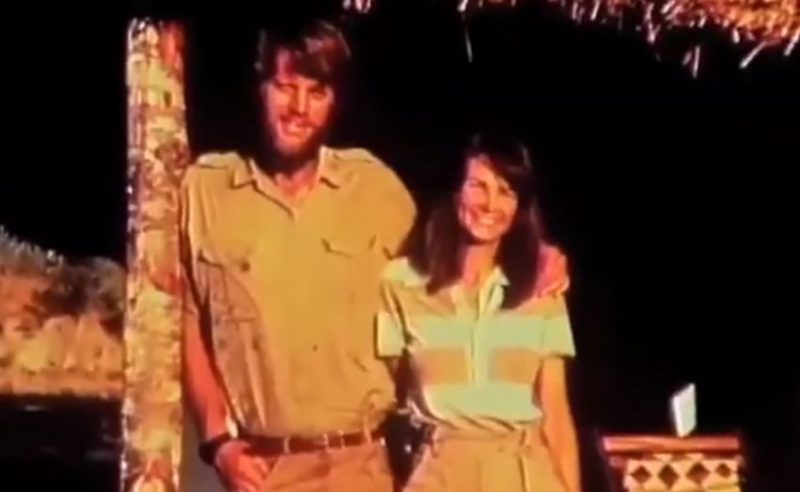Delia Owens has consistently denied any involvement in the incident, asserting that there was never a case against her or her family. However, her 2018 best-selling novel, “Where the Crawdads Sing,” which features a plot involving a mysterious murder, has led some to draw parallels between the book’s protagonist and Owens’ own life. These suspicions have fueled further intrigue and speculation.
In a remote corner of Zambia’s wilderness, a murder mystery intertwined with wildlife conservation efforts continues to captivate and baffle the public. The story of Mark and Delia Owens, renowned conservationists, took a dark turn with the airing of an ABC news-magazine show, Turning Point, on March 30, 1996. The documentary, titled “Deadly Game: The Mark and Delia Owens Story,” included footage of the brutal execution of an alleged poacher, sparking controversy and a prolonged investigation.
The Incident
The documentary, narrated by journalist Meredith Vieira, showed the disturbing scene of an alleged poacher being shot while lying collapsed on the ground. The victim remained unidentified, referred to merely as a “trespasser.” The identity of the shooter was also kept anonymous, with the fatal shots occurring off-camera. This grim footage set off a chain of events that would shadow the Owens’ legacy for decades.
Allegations and Investigation
Jeffrey Goldberg, a journalist and editor-in-chief of The Atlantic, conducted a revealing interview with Chris Everson, the ABC cameraman who filmed the incident. Everson claimed that it was not a Zambian game scout but Christopher Owens, Mark Owens’ stepson, who fired the fatal shots. In his 2010 article “The Hunted” for The New Yorker, Goldberg detailed how Zambian police detective Biemba Musole concluded that Mark Owens, with the help of his scouts, disposed of the body by dropping it into a lagoon from a helicopter. Despite efforts to identify the victim, the body was never found, and the case remained unresolved.
Former Zambian national police commissioner Graphael Musamba emphasized the challenges of solving crimes in the bush, where evidence is easily consumed by wildlife. The lack of a body significantly hindered the investigation, allowing the case to remain open and unresolved.
Denial and Ongoing Controversy
Delia Owens has consistently denied any involvement in the incident, asserting that there was never a case against her or her family. However, her 2018 best-selling novel, “Where the Crawdads Sing,” which features a plot involving a mysterious murder, has led some to draw parallels between the book’s protagonist and Owens’ own life. These suspicions have fueled further intrigue and speculation.
In June 2022, Zambian police officials expressed their belief that Delia Owens should be interrogated as a possible witness, co-conspirator, and accessory to felony crimes. Zambia’s chief prosecutor, Lillian Shawa-Siyuni, highlighted the difficulties in pursuing the case due to the absence of an extradition treaty between Zambia and the United States and ABC’s apparent refusal to cooperate with the investigation. Despite these obstacles, Shawa-Siyuni made it clear that there is no statute of limitations on murder in Zambia, and all parties involved, including Delia Owens, are wanted for questioning.
Legacy and Reflection
The Owens’ contributions to wildlife conservation are undeniable, yet their achievements are overshadowed by the unresolved murder case. This story serves as a stark reminder of the complexities and moral ambiguities that can arise in the world of conservation, where the fight to protect wildlife sometimes collides with the harsh realities of human conflict.
As the investigation remains open, the tale of Mark and Delia Owens continues to intrigue and perplex, leaving the public to ponder the true events that transpired in the Zambian wilderness.

